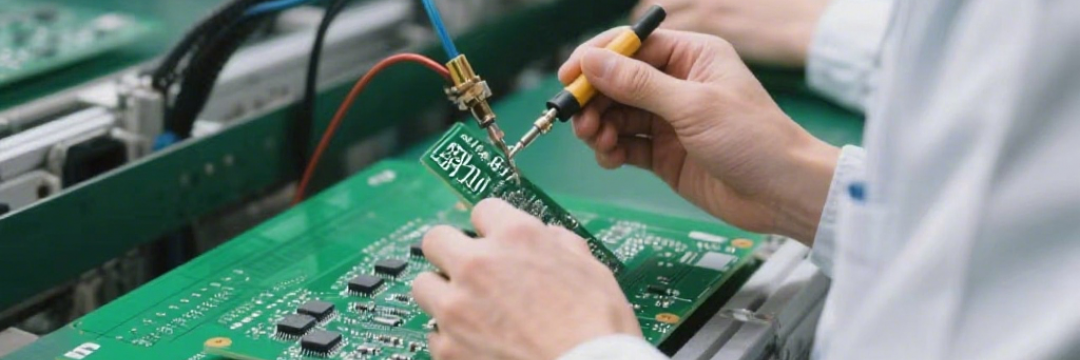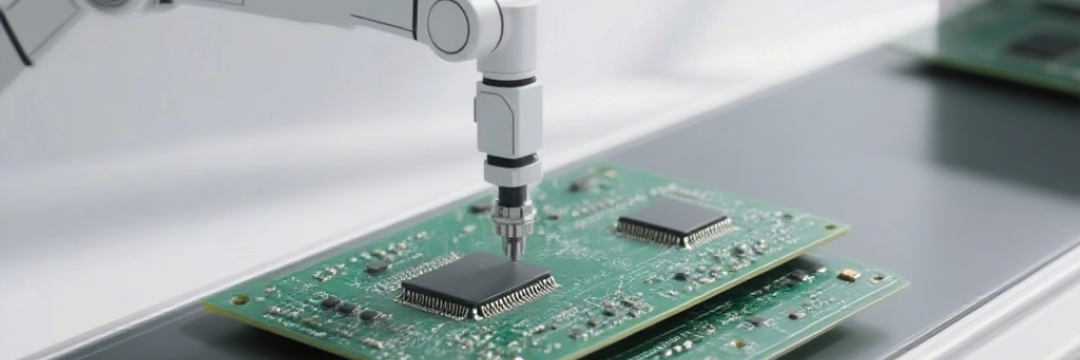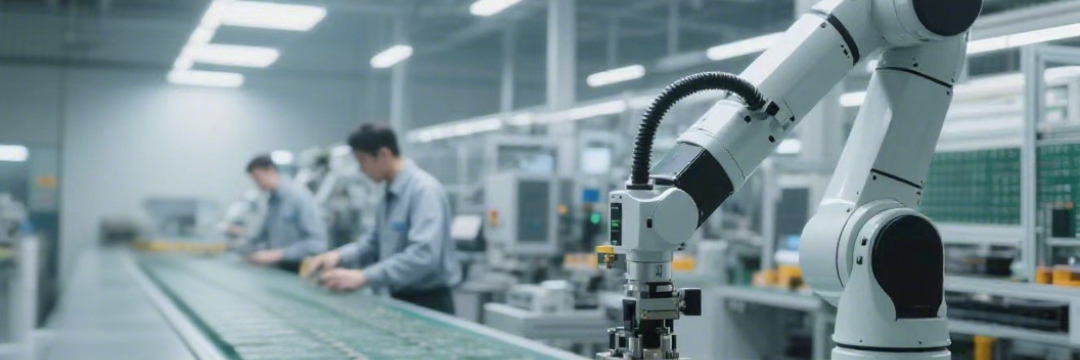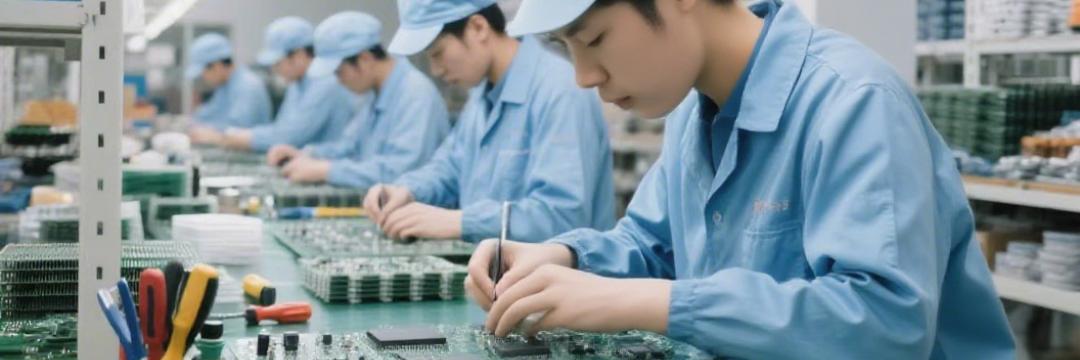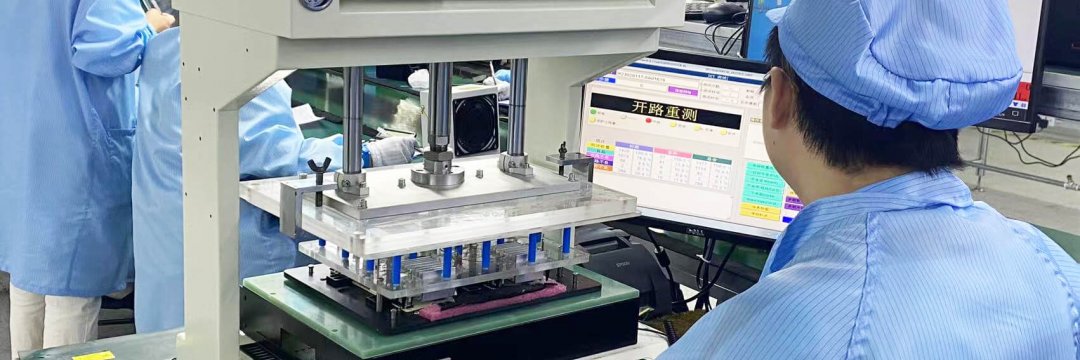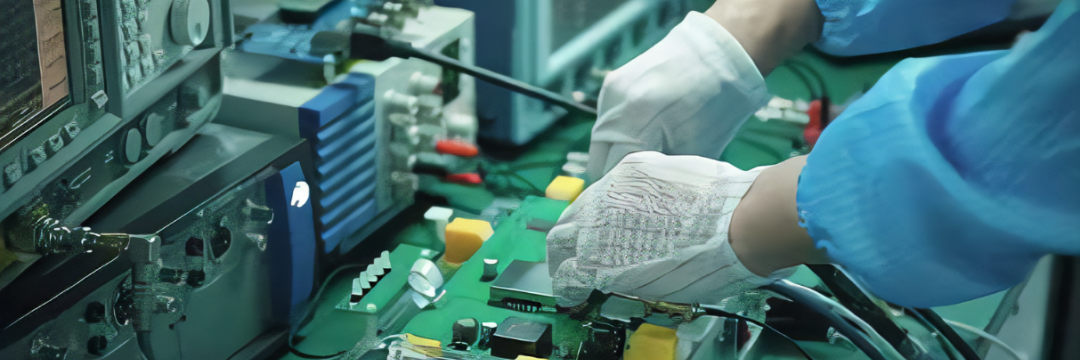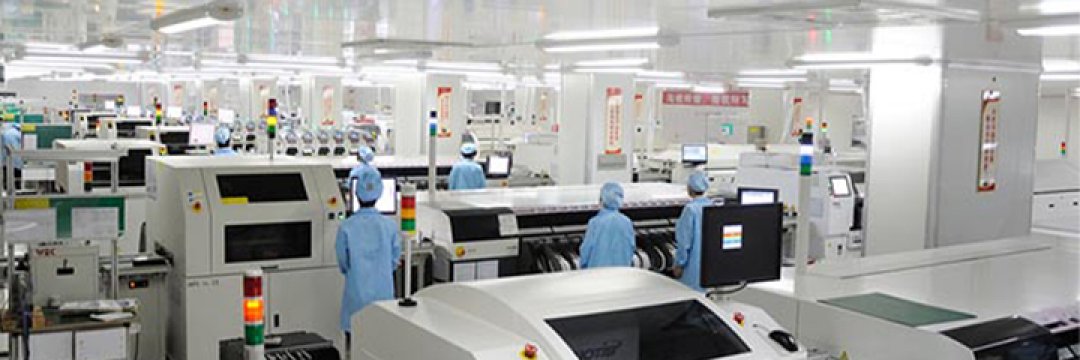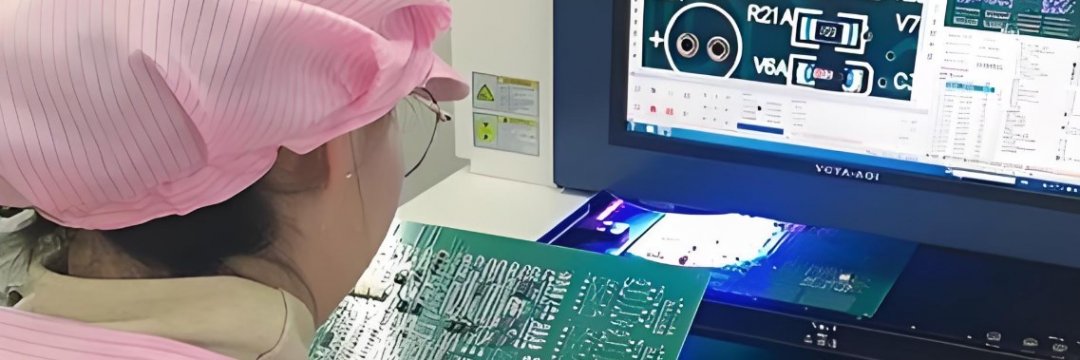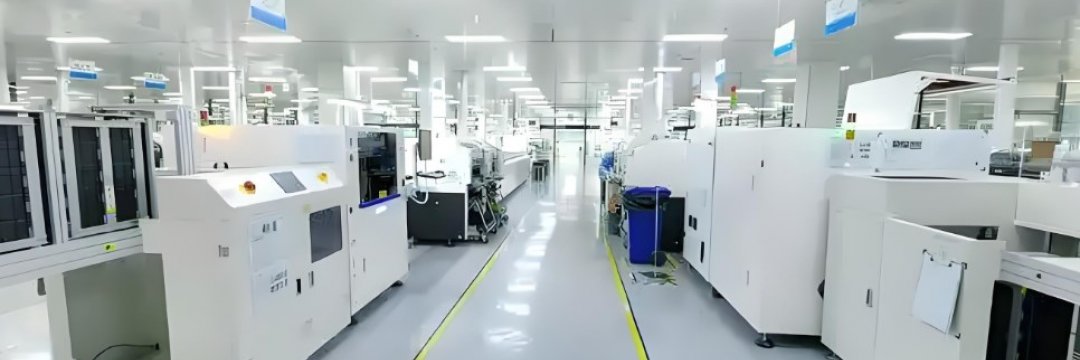Reducing PCBA costs without compromising quality requires a strategic approach spanning design, supply chain, and production. Optimize designs by standardizing components, applying design for manufacturability (DFM), and sourcing widely available parts. Strengthen supplier relationships, adopt just-in-time (JIT), and consider global sourcing for greater profitability. Automate assembly, refine processes through Lean principles, and apply rigorous quality control to reduce waste and defects. Partner with ISO-certified manufacturers, implement rigorous testing, and maintain quality feedback. By balancing cost-cutting measures with quality assurance, companies can maximize the value of their products while remaining competitive.
read more
